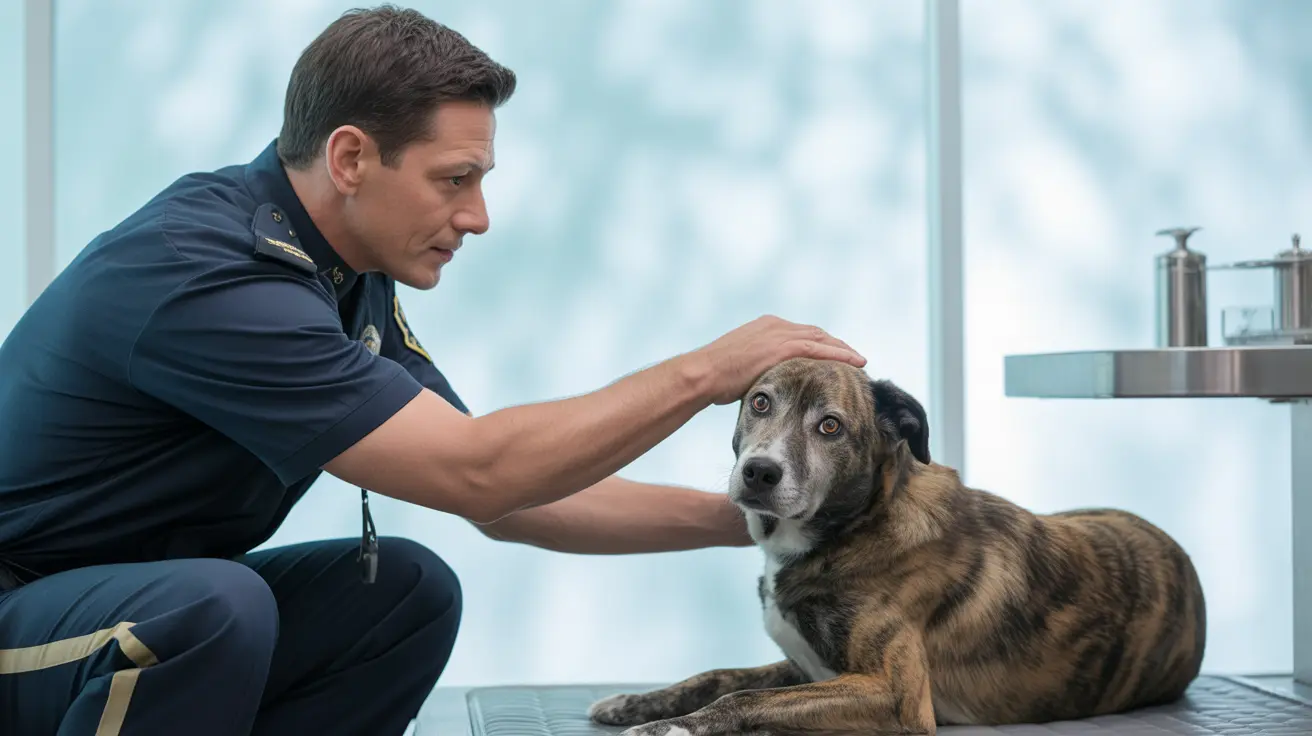If you've noticed your cat developing an unpleasant odor despite their typically fastidious grooming habits, it's important to understand that this isn't normal. A persistent bad smell in cats usually signals an underlying health issue that requires attention. This comprehensive guide will help you identify the source of the problem and understand when to seek veterinary care.
From dental disease to systemic health issues, there are numerous reasons why your cat might develop an offensive odor. Let's explore the most common causes and what you can do to help your feline friend return to their fresh-smelling self.
Common Sources of Bad Odors in Cats
Dental and Oral Health Issues
The most frequent cause of bad odors in cats is dental disease, affecting up to 70% of cats by age three. Poor oral hygiene leads to plaque buildup, tartar formation, and eventual periodontal disease, creating the perfect environment for bacteria that produce sulfur compounds responsible for that distinctive foul smell.
- Bad breath (halitosis)
- Drooling
- Difficulty eating
- Pawing at the mouth
- Visible tartar or inflamed gums
Skin and Coat Problems
When cats can't groom properly due to obesity, arthritis, or illness, they may develop skin-related odors. Bacterial or fungal infections, particularly in skin folds or wounds, can create distinctively unpleasant smells that require medical attention.
Systemic Health Conditions
Kidney Disease
Kidney disease often causes a characteristic ammonia-like smell due to the buildup of toxins in the bloodstream. This condition requires immediate veterinary attention and ongoing management.
Diabetes and Liver Disease
Uncontrolled diabetes can produce a sweet, fruity breath odor, while liver disease might cause a generally foul smell. Both conditions are serious and require professional medical intervention.
Hygiene-Related Issues
Sometimes, bad odors stem from simple hygiene problems:
- Dirty litter box habits
- Food stuck in teeth or fur
- Anal gland problems
- Matted fur around the rear end
When to Seek Veterinary Care
Contact your veterinarian immediately if you notice:
- Sudden onset of bad odors
- Changes in eating or drinking habits
- Lethargy or behavioral changes
- Visible wounds or infections
- Excessive drooling
Prevention and Home Care
Regular preventive care can help maintain your cat's fresh smell:
- Schedule annual dental cleanings
- Brush your cat's teeth regularly
- Keep up with grooming
- Maintain a healthy diet
- Monitor for changes in grooming habits
Frequently Asked Questions
Why does my cat have a persistent bad odor even though they groom themselves regularly?
While cats are typically excellent self-groomers, persistent bad odors usually indicate an underlying health issue such as dental disease, skin infections, or systemic conditions. Regular grooming alone cannot resolve these medical problems, which require veterinary diagnosis and treatment.
What are the most common dental problems that cause bad breath and smell in cats?
The most common dental issues include periodontal disease, gingivitis, tooth resorption, and oral infections. These conditions create environments where bacteria thrive, producing sulfur compounds that cause bad breath and general oral odors.
Can serious diseases like kidney or liver problems cause my cat to smell bad?
Yes, both kidney and liver disease can cause distinctive odors. Kidney disease typically produces an ammonia-like smell due to toxin buildup, while liver disease can cause a general foul odor. These conditions require immediate veterinary attention.
How can I tell if my cat's bad smell is due to an infection or a foreign object stuck in their mouth?
Look for signs such as pawing at the mouth, difficulty eating, drooling, or visible problems in the mouth area. However, only a veterinary examination can definitively determine whether the smell is from a foreign object or infection.
When should I take my cat to the vet for bad breath or a foul body odor?
Take your cat to the vet if the bad odor persists for more than a few days, is accompanied by other symptoms like changes in eating or drinking habits, or if you notice any behavioral changes. Prompt veterinary care is essential for addressing the underlying cause of the smell.






